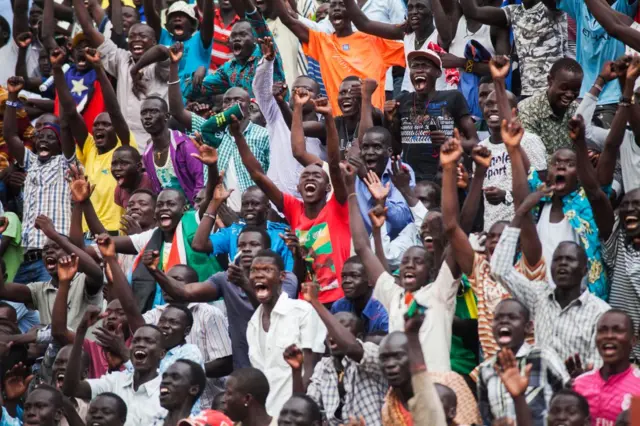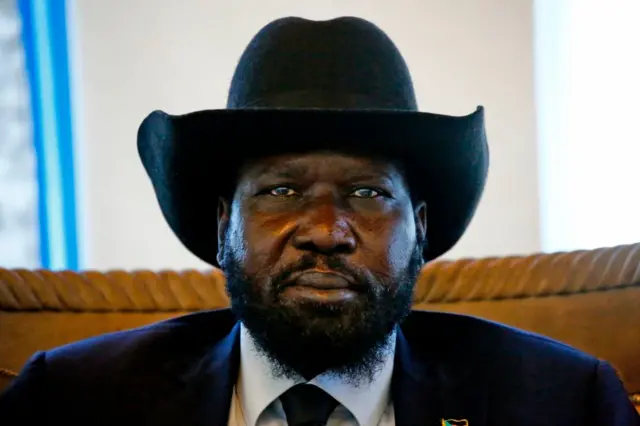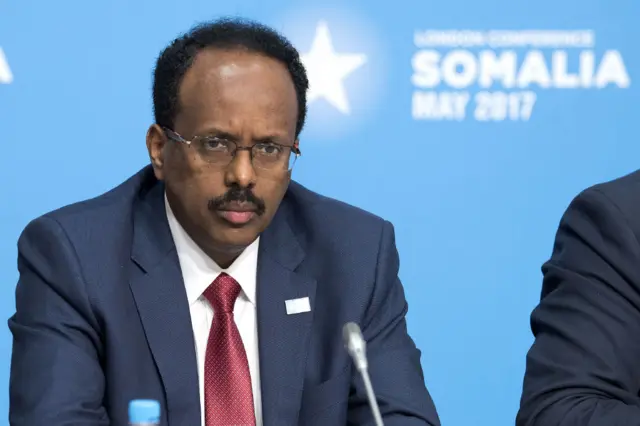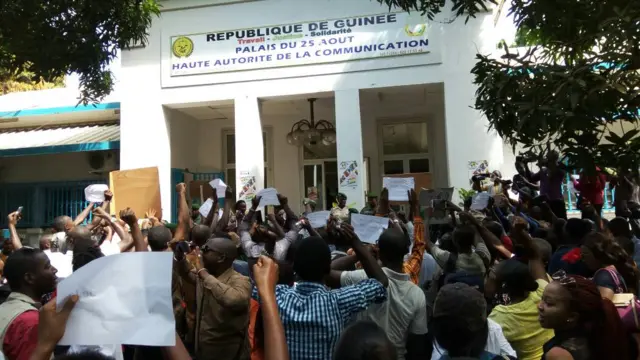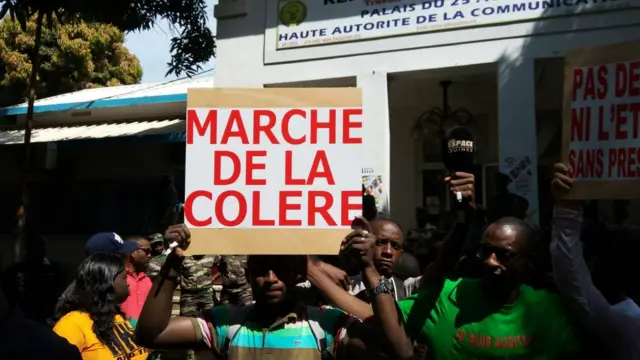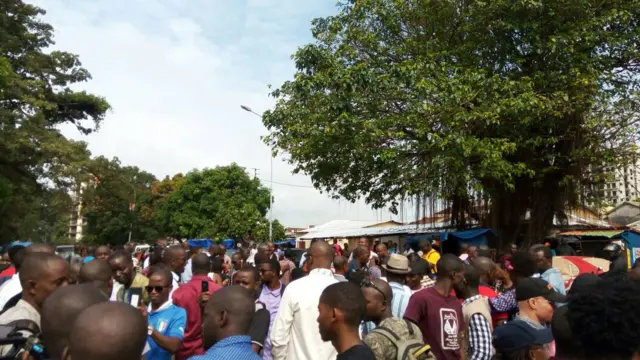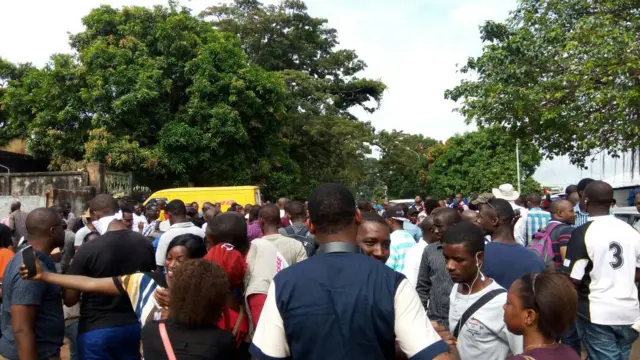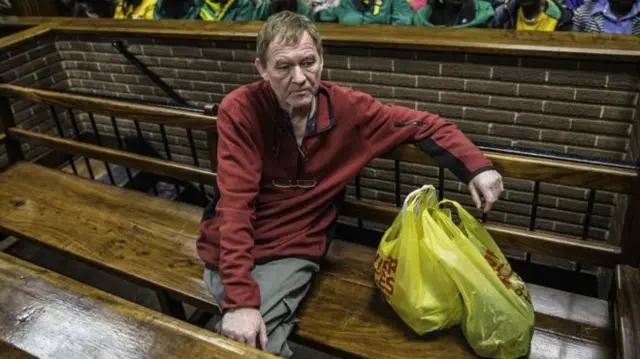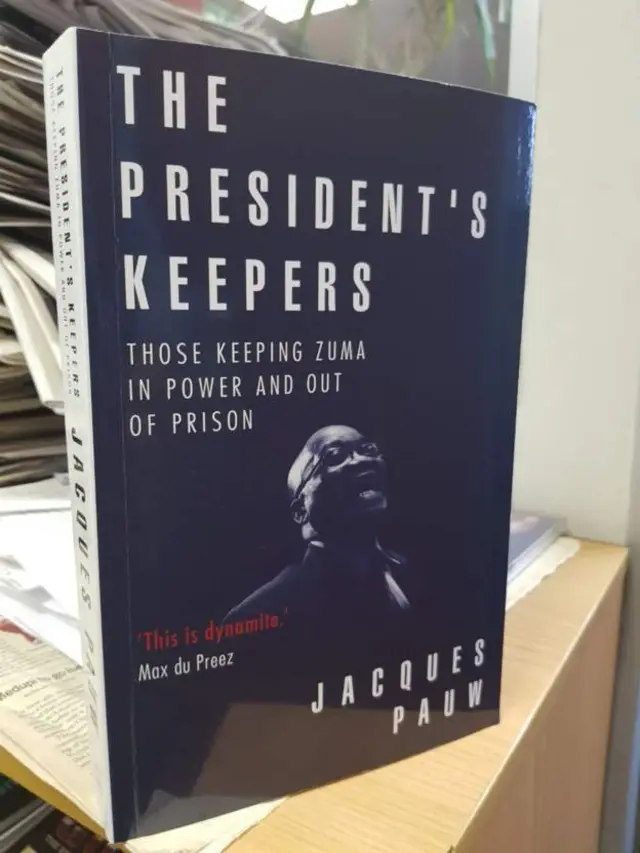Scroll down for Tuesday's storiespublished at 17:30 GMT 7 November 2017
We'll be back tomorrow.
That's all from BBC Africa Live today. Keep up-to-date with what's happening across the continent by listening to the Africa Today podcast or check the BBC News website.
A reminder of today's wise words:
Quote MessageA bat dances by the road because it hears drummers in the bush."
Sent by Aiah Mboma in Koidu, Sierra Leone
Click here and scroll to the bottom to send us your African proverbs.
And we leave you with this picture of two pilgrims on their way to the Touba Magal, Senegal's most popular pilgrimage which celebrates the Mouride brotherhood:
Allow Instagram content?
This article contains content provided by Instagram. We ask for your permission before anything is loaded, as they may be using cookies and other technologies. You may want to read Meta’s Instagram cookie policy, external and privacy policy, external before accepting. To view this content choose ‘accept and continue’.
